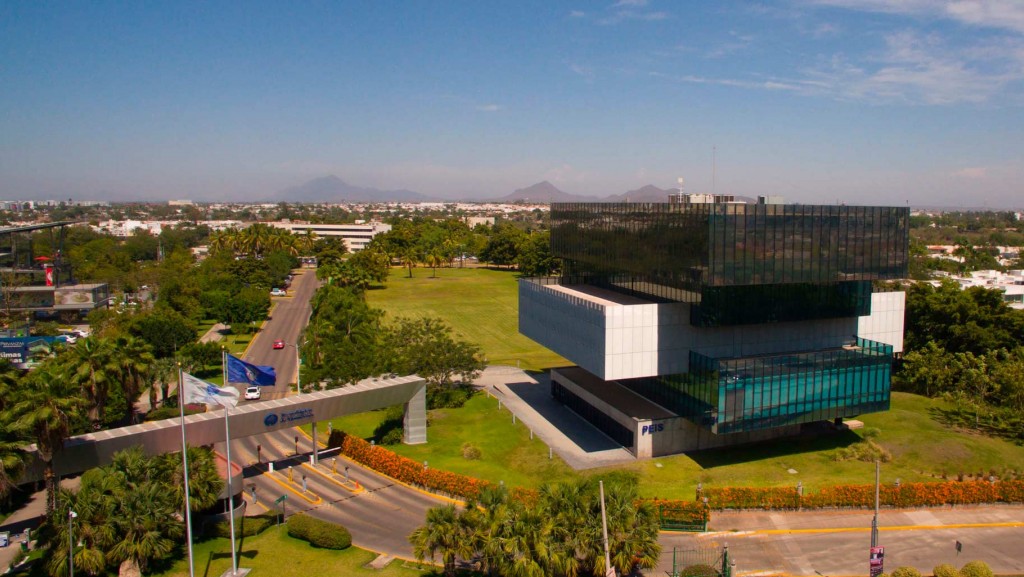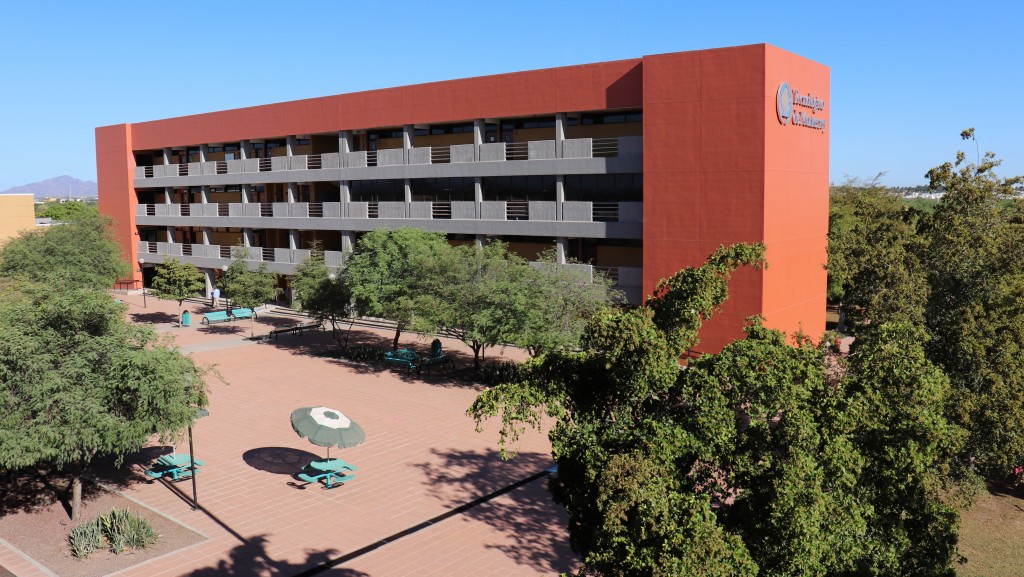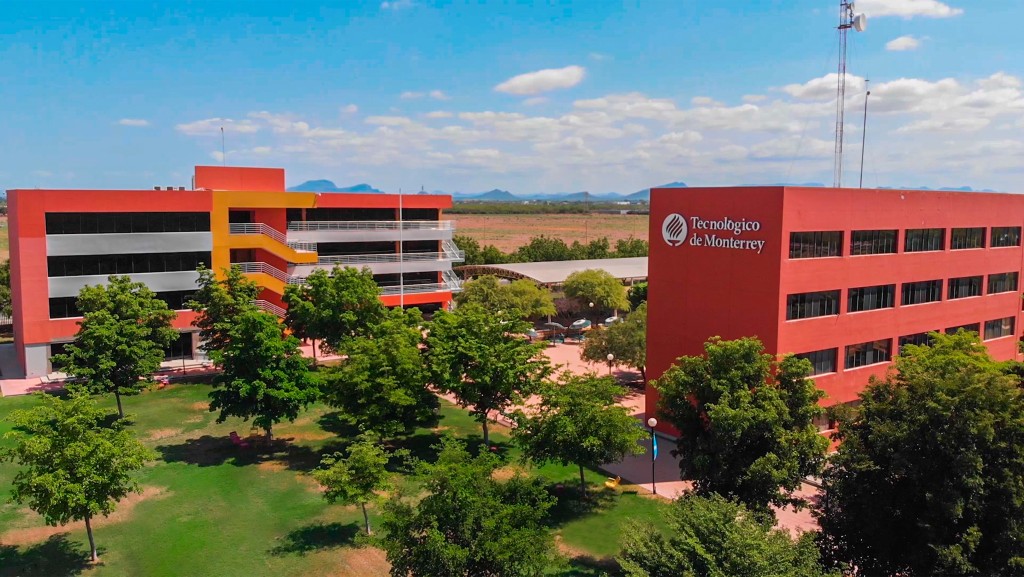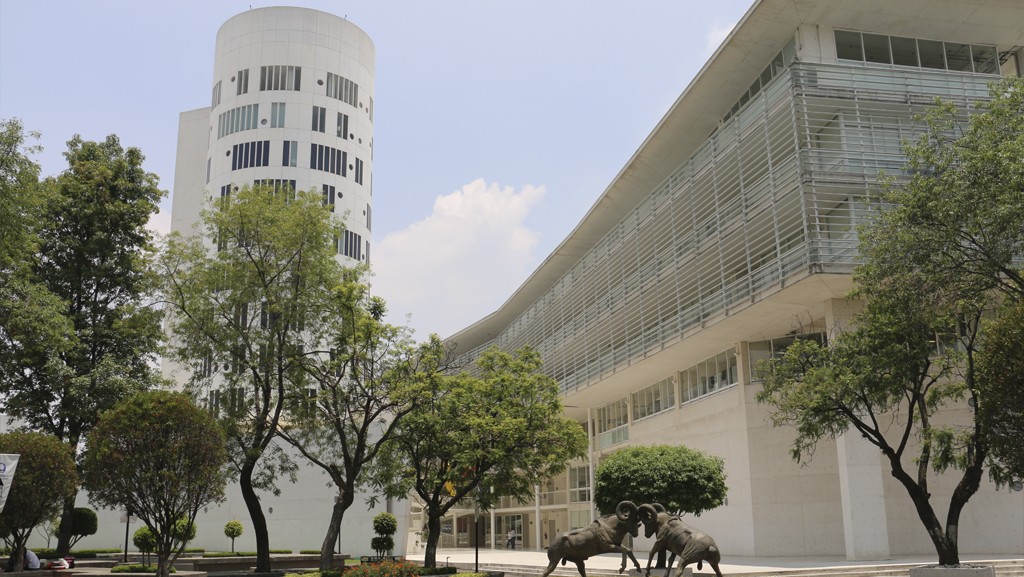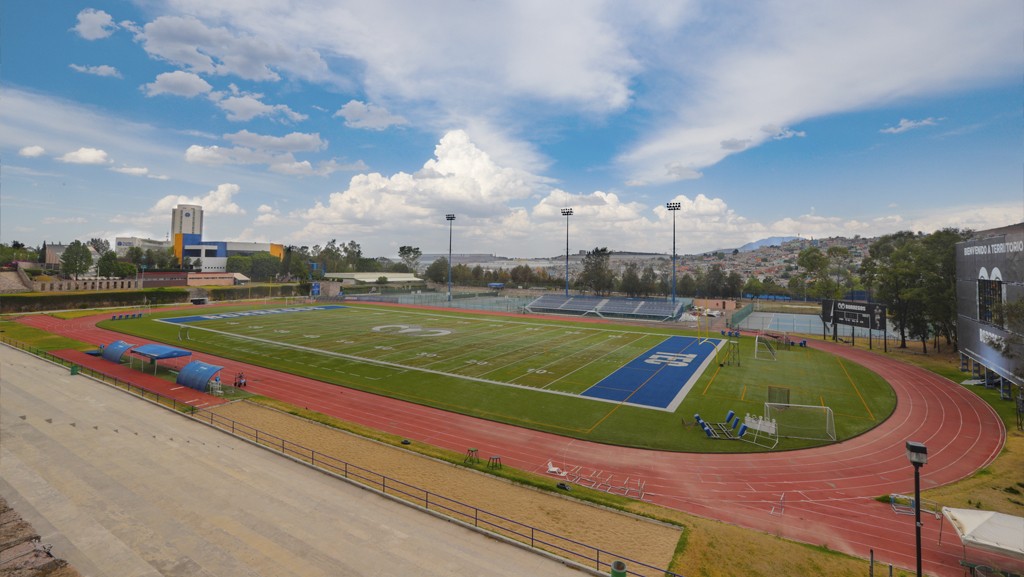Buscar
Fondo GSL Classroom
Convocatoria Fondo GSL Classroom
“ Convocatoria cerrada hasta la asignación de nuevos recursos. ”
-
1. Objetivo
-
2. Público al que va dirigido
-
3. Requisitos generales
-
4. Lineamientos y categorías
-
5. Capacitación en línea
-
6. Congresos internacionales
-
7. Estancias cortas de colaboración en el extranjero
-
8. Proceso de postulación
-
9. Fechas importantes
-
10. Preguntas frecuentes
“ Convocatoria cerrada hasta la asignación de nuevos recursos. ”
“ Convocatoria cerrada hasta la asignación de nuevos recursos. ”
“ Convocatoria cerrada hasta la asignación de nuevos recursos. ”
“ Convocatoria cerrada hasta la asignación de nuevos recursos. ”
“ Convocatoria cerrada hasta la asignación de nuevos recursos. ”
“ Convocatoria cerrada hasta la asignación de nuevos recursos. ”
“ Convocatoria cerrada hasta la asignación de nuevos recursos. ”
“ Convocatoria cerrada hasta la asignación de nuevos recursos. ”
“ Convocatoria cerrada hasta la asignación de nuevos recursos. ”
“ Convocatoria cerrada hasta la asignación de nuevos recursos. ”
Desarrollo de habilidades gerenciales: líder de líderes
Objetivo del programa
Esta certificación te ayudará a desarrollar habilidades para dirigir e inspirar a tu equipo hacia su crecimiento personal y profesional para potenciar la transformación organizacional de manera competitiva.
Habilidades a desarrollar
- Desarrollarás un autoconcepto saludable, preocupado por tu desarrollo y el de tu equipo y fortaleciendo tu resiliencia individual y colectiva.
- Propiciarás un cambio en el área/dirección de acuerdo a la alineación estratégica con el negocio.
- Activarás tu pensamiento creativo e innovador y reforzarás la aplicación de prácticas profesionales, éticas y con valor.
Dirigido a:
Directivos o gerentes senior que tienen al menos cinco años en el puesto y que desean implementar un ambiente de crecimiento y de balance entre vida y trabajo que mejore la operación y los resultados de la organización.
Detalles:
Duración: 94 horas.
Modalidad: Live.
Data science and AI: del concepto al desarrollo de aplicaciones
Objetivo del programa
Este diplomado te ayudará a aplicar las herramientas tecnológicas y matemáticas para desarrollar modelos de ciencia de datos para el perfil Data Science Jr., requeridos en organización/innovación/emprendimiento para la toma decisiones basadas en datos.
Habilidades a desarrollar
- Diseñarás programas en lenguaje Python sobre el ambiente de programación Notebook.
- Manipularás una base de datos en la plataforma Panda de Python que involucre llamadas ("queries") a las bases de datos y estatuos para concatenar y unir bases de datos.
- Desarrollarás un tablero en la plataforma Streamlit para la visualización de datos interactivos requeridos por la organización para presentar objetivos o para toma de decisiones.
- Desarrollarás modelos inteligentes no supervisados de datos utilizando Scikitlearn de Python, seleccionando el número de agrupaciones adecuadas y analizando la efectividad del modelo.
- Desarrollarás modelos inteligentes supervisados de grandes volúmenes de datos utilizando PySpark de Python; seleccionarás el modelo adecuado y analizarás la exactitud del modelo y que cumpla lo mejor posible los requerimientos de la tarea.
Dirigido a:
Profesionistas encargados de generar análisis descriptivos, inferenciales, predictivos y prescriptivos, así como dashboards para la toma de decisiones, o que busquen desarrollar una aplicación de datos y emprendimiento.
Detalles:
Duración: 120 horas.
Modalidad: Live.
